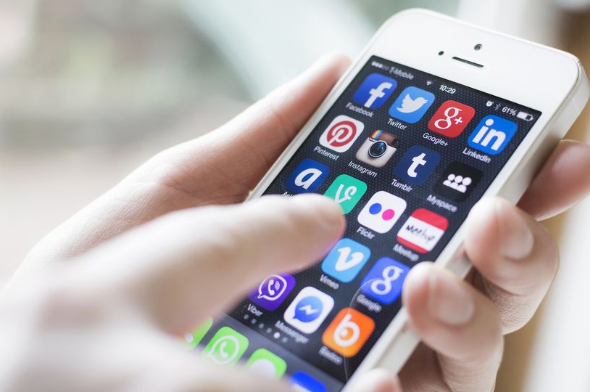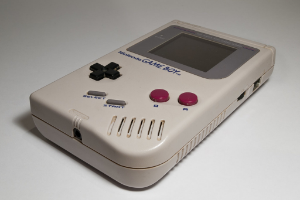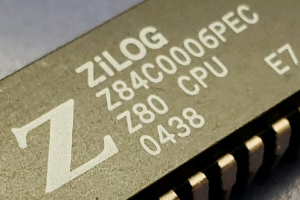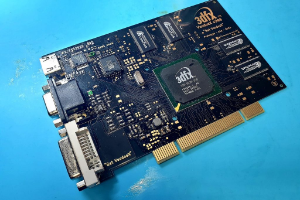Connection to DriversCloudCreate a DriversCloud.com accountReset your DriversCloud.com passwordAccount migration
There is a link between smartphone use and Alzheimer's disease
Accused of many ills, but also devilishly practical, smartphones have just been singled out again by a recent study.
Relayed by Neoscope, a study has just been published in the scientific journal Current Alzheimer Research which, as its name indicates, seeks to deepen our knowledge of Alzheimer's disease. Affecting more and more seniors, this neurodegenerative disease is more and more often associated with so-called "early cases" - in other words, well before the most common age - and it is precisely on the study of these early cases that this study focuses.
It has been known for a long time that Alzheimer's disease leads to the progressive and irreversible loss of mental functions, particularly memory. It is also recognized that it is the most common cause of dementia in humans and its onset is explained by an accumulation of "abnormal" beta-amyloid and tau proteins in the brain. Smartphones, on the other hand, have often been criticized for their deleterious effects on concentration, especially in young people. However, never before has a study looked at the link between Alzheimer's disease and exposure to connected objects, with smartphones at the top of the list.
The conclusions published by the journal Current Alzheimer Research establish such a link by focusing on "early" cases through individuals aged 30 to 40 years. If the smartphone is more specifically pointed out, the study evokes in a broader way all objects connected to a wireless network, mainly Wi-Fi. The waves sent would result in the accumulation of calcium in the brain. An accumulation created by these waves or "simply" accentuated, but an accumulation that would promote the appearance of the disease.
The study specifies that today, in the United States, 6.5 million people over the age of 65 are diagnosed with Alzheimer's disease. According to projections, there will be 13 million people with Alzheimer's disease by 2050. We are talking about the 25/30 year old generation of today: a generation that uses the smartphone extensively, sometimes for several years already. In France, the situation is not much better and we are talking about 8% of the population over 65 years old being affected, with 220,000 new cases diagnosed each year.
Lead author of this study, Dr. Martin Pall of Washington State University, does not hesitate to speak of " digital dementia ", stating that " very young people exposed to cell phone or Wi-Fi waves for many hours a day can develop digital dementia ". He then cites behavioral problems, memory problems, but also difficulties in carrying out daily activities. Of course, this is only one study, but its authors insist on the importance of multiplying these observations in order to have a much more precise vision of the risks.





